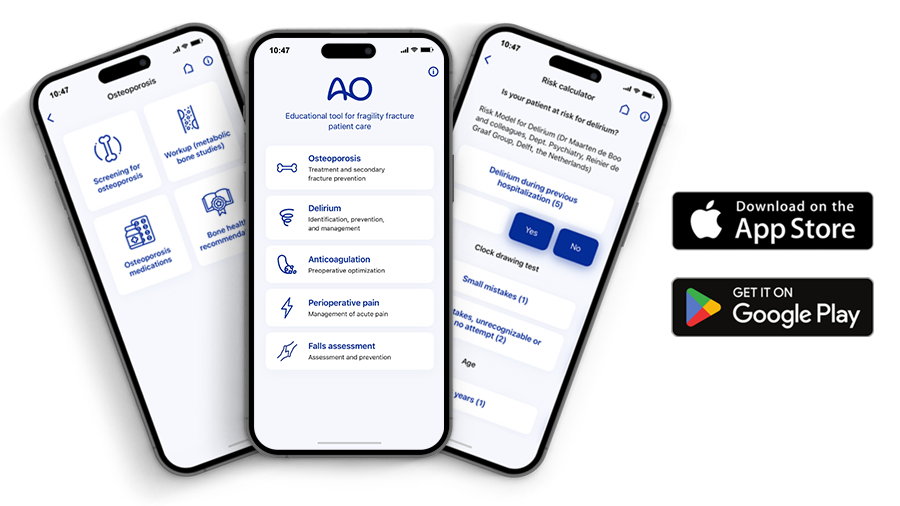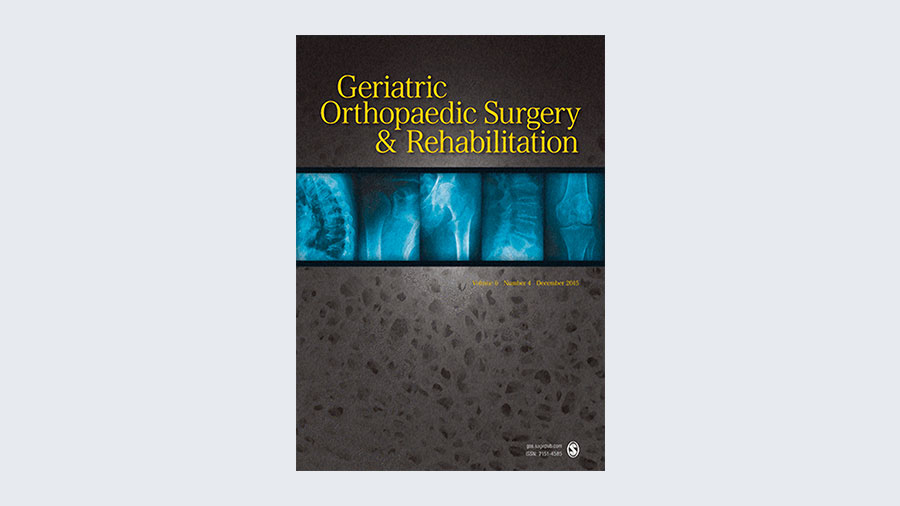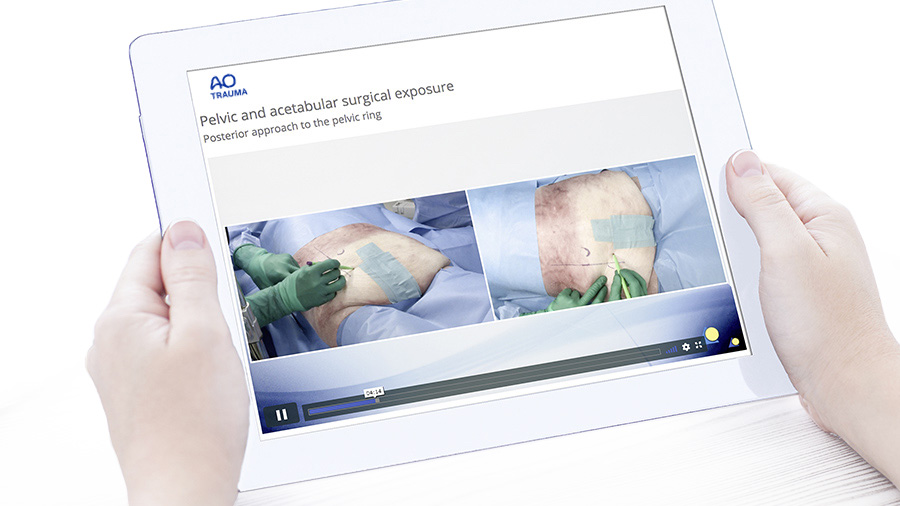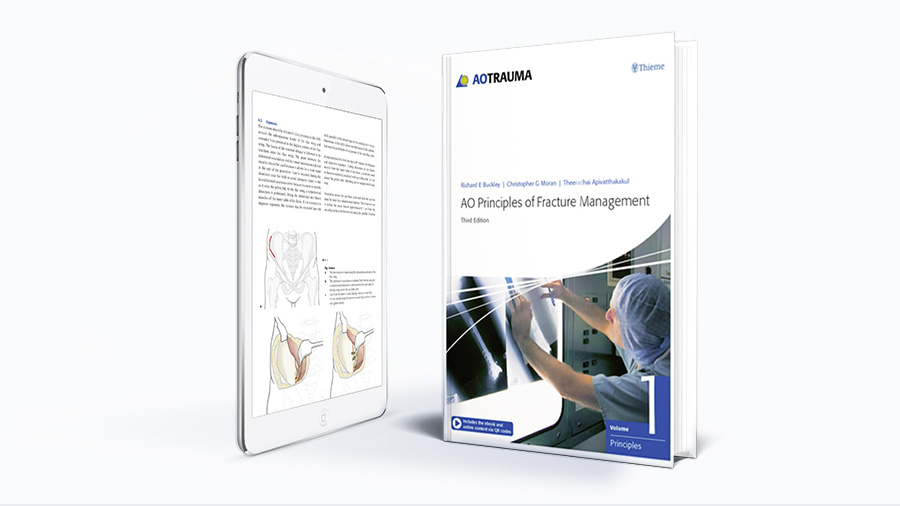Orthogeriatrics
Orthogeriatrics education taskforce

Hala Samir Sweed (Egypt)
Term: 2026
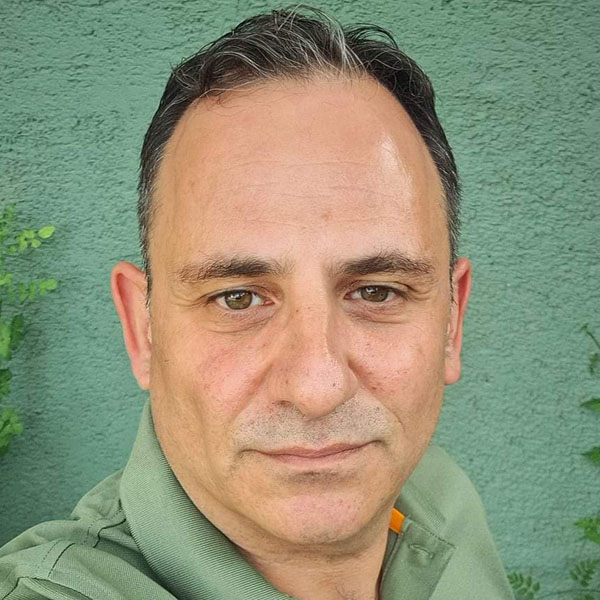
Theo Tosounidis (Greece)
Term: 2025–2026
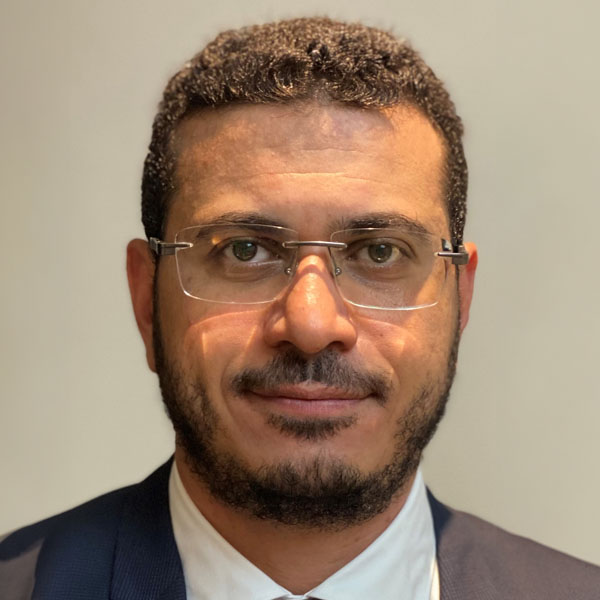
Radwan G Metwaly (Egypt)
Term: 2025–2026
Regional Program Contributors (RPCs)
Asia Pacific
Noratep Kulachote (Thailand)
Jamal Ashraf (India)
Europe and Southern Africa
An Sermon (Belgium)
Daniel Wenger (Sweden)
Middle East and Northern Africa
Sofiene Kallel (Tunisia)
Hayder Saleh Al Saadi (UAE)
Latin America
Julián Salavarrieta (Colombia)
Marco Carrión (Ecuador)
North America
Michael Leslie (USA)
Meir Marmor (USA)
AO Curriculum Development Manager:
Past taskforce members
-
Past IPEsJoseph Nicholas (USA), 2020–2025
Hitendra K Doshi (Singapore), 2021–2024
Carlos Maria Olarte Salazar (Colombia), 2022–2024
Emilio Fantin (Argentina), 2017–2020
Christian Kammerlander (Germany), 2016–2021
Markus Gosch (Germany), 2017–2019
Hazem Abdel Azeem (Egypt), 2014–2016
Clifford Jones (USA), 2014–2016
Katrin Singler (Germany), 2013–2016
Tak Wing Lau (Hong Kong), 2013–2015
Stephen Kates (USA), 2010–2013
Michael Blauth (Austria), 2010–2013
Cornel Sieber (Germany), 2010–2012
Frankie Leung (Hong Kong), 2010–2012 -
Past RPCsLynn McNicoll (USA)
Anna Miller (USA)
Ji-Wan Kim (South Korea)
Emad Saweeres (Egypt)
Muhammad Usman Sarwar (Pakistan)
Ana Milena López Salazar (Colombia)
Jose Eduardo Grandi (Brazil)
Steve Schelkun (USA)
Roger Harris (New Zealand)
Wilson Li (Hong Kong)
Bruce Twaddle (New Zealand)
Han Hegeman (Netherlands)
Hans-Christoph Pape (Germany)
Norbert Suhm Switzerland
Jorge Paz (Colombia)
Simon Mears (USA)
Daniel Mendelson (USA)
Muhamad Usman Sarwar (Pakistan)
Joseph Nicholas (USA)
Hitendra K Doshi (Singapore)
Tobias Roth (Austria)
Hans Jürgen Heppner (Germany)
Carl Neuerburg (Germany)
Radwan Metwaly (Egypt)
Sahar Usman (Pakistan)
Tak Wing Lau (Hong Kong)
Daniel Schweizer (Chile)
Carlos Dominguez (Mexico)
Eric Meinberg (USA)
Program description
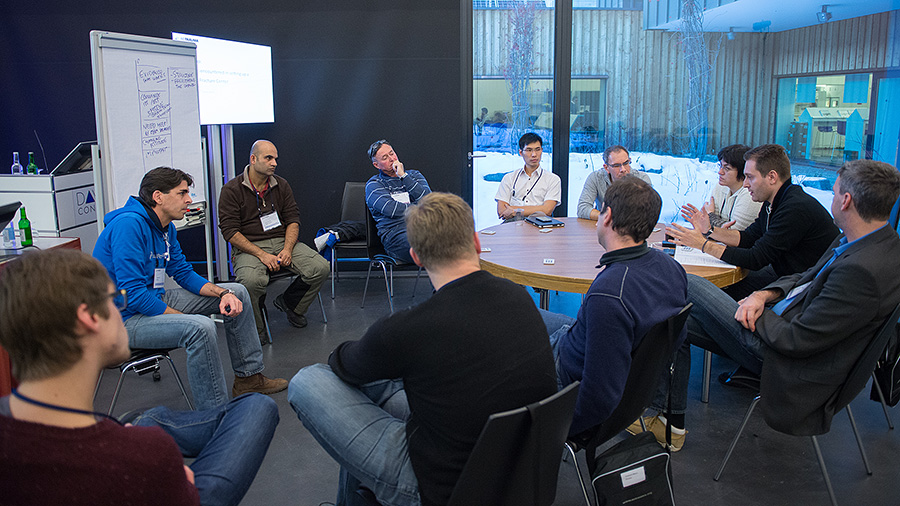
The orthogeriatrics curriculum provides the framework for participants to learn how the overall care of the fragility fracture patient can be substantially improved. Since the fracture represents only one aspect, orthogeriatric comanagement of the patient from admission to completion of rehabilitation is the optimal approach. The AO Trauma Course—Fracture Care in Older Adults delivers the latest evidence as well as practical details on the comprehensive management of fragility fractures in older adults, with the aim of changing attitudes and improving the care of this patient group. An important focus is placed on small group work and discussions. The course consists of seven modules:
- Module 1: preoperative phase
- Module 2: operative phase
- Module 3: upper extremity
- Module 4: lower extremity
- Module 5: practical exercises
- Module 6: postoperative and rehabilitation phase
- Module 7: orthogeriatric comanagement
Event defined in the curriculum
AO Trauma Course—Fracture Care in Older Adults
AO Trauma Course—Operative Fragility Fracture Managment (with anatomical specimen)
Target audiences
Practicing surgeons in orthopedic trauma, orthopedics, and general trauma
Geriatricians and other medicine physicians (eg, internal medicine, anesthesiology)
Residents/trainees (surgical and medical)
Resources for faculty
Already a faculty member? Explore resources supporting your teaching activities.
Resources
AO Trauma Orthogeriatrics App
Educational modules on important topics in the care of older adults with a fracture.
Courses and webinars
Explore our database and search for events on specific topics.
Members only
AO Videos
Access hundreds of videos and look for your area of interest.
Books
NEW: Osteoporotic Fracture Care—Medical and Surgical Management
Minimally Invasive Plate Osteosynthesis—Second Expanded Edition (Chapter 24 Fragility Fractures) Periprosthetic Fracture Management (Chapter 3, section 3.1: Causes of and risk factors for periprosthetic fractures: Age)
Resources for faculty
Already a faculty member? Explore resources supporting your teaching activities.
Competencies

The education taskforce has identified the following competencies for this area of practice:
- Correctly fix fragility fractures as indicated
- Adapt treatment in line with aging
- Recognize comorbidities and polypharmacy
- Prevent, identify, and treat complications
- Address secondary prevention (osteoporosis, falls)
- Restore function early
- Apply the basic science of fixation and bone biology
- Initiate and comanage patient care with the healthcare team
- Build a system of care for fragility fractures
- Seek to restore and preserve functionality, independence, and quality of life
What does competency-based curriculum development mean?
Contacts


